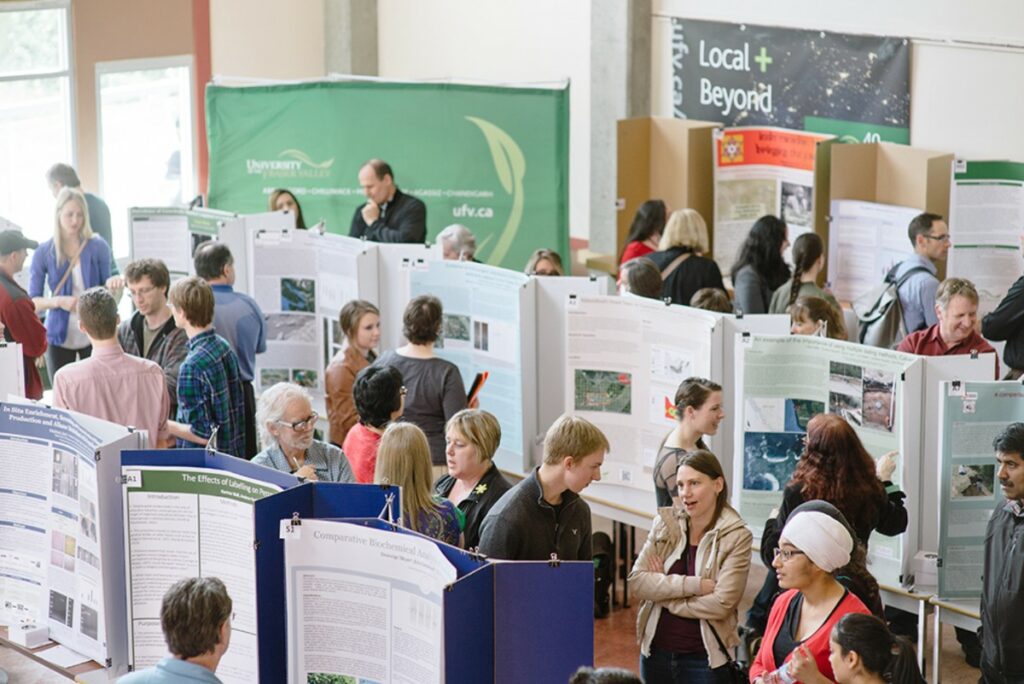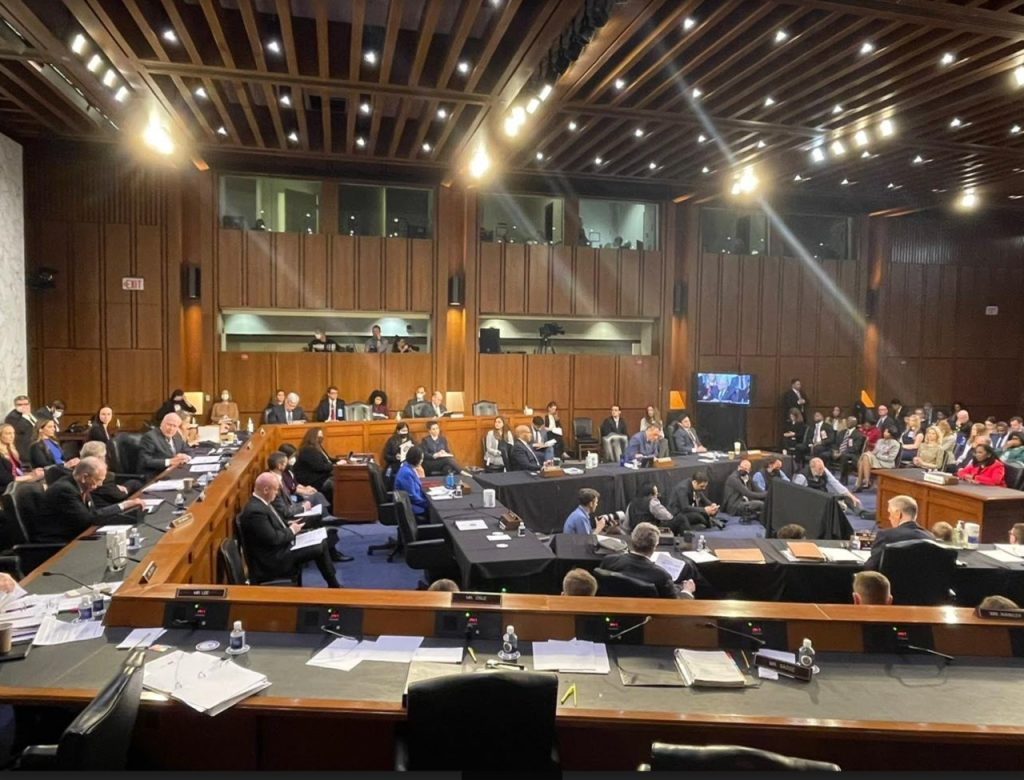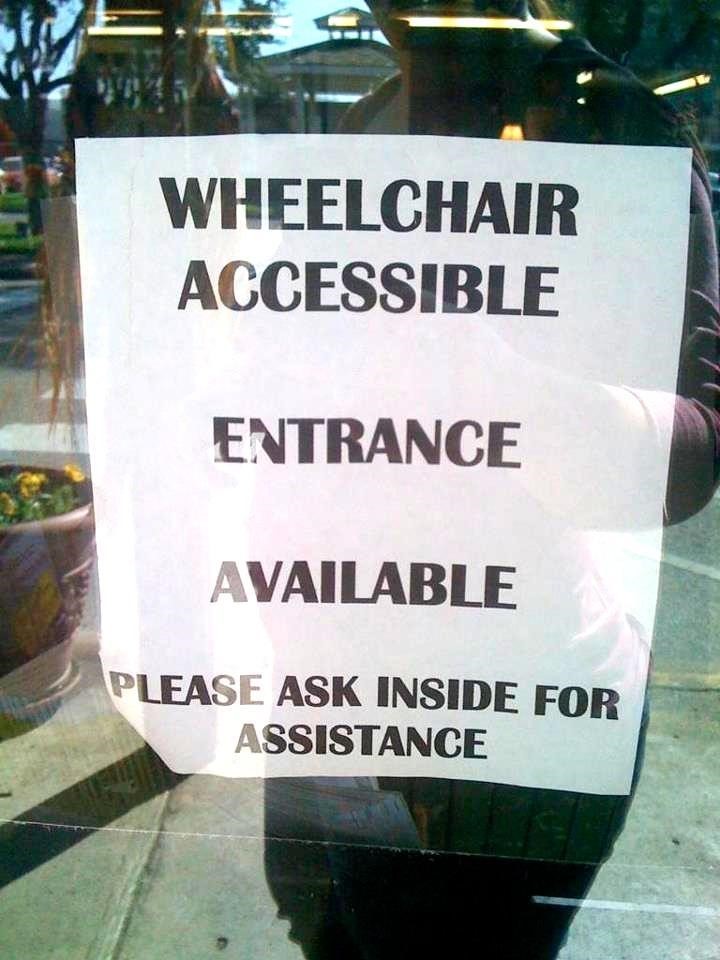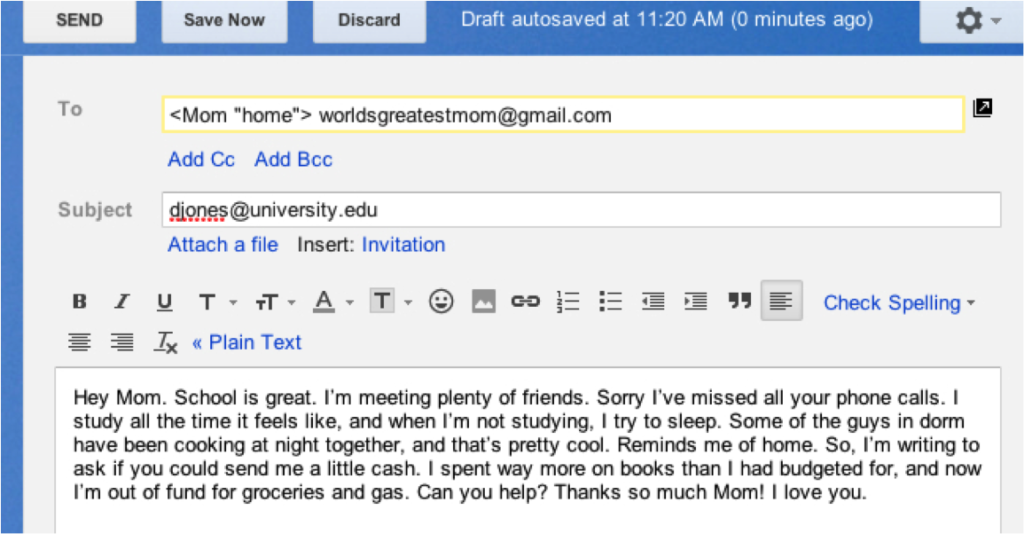Post-Positivism
Post-positivists assume that any attempt to ground knowledge outside human consciousness is futile. While post-positivists do not, of course, deny the existence of a physical world, they argue that all knowledge about that world is constructed by human consciousness through language. Related Concepts: Epistemology Why Does Post-Positivism Matter? Post-positivism is an important philosophical perspective that ...









